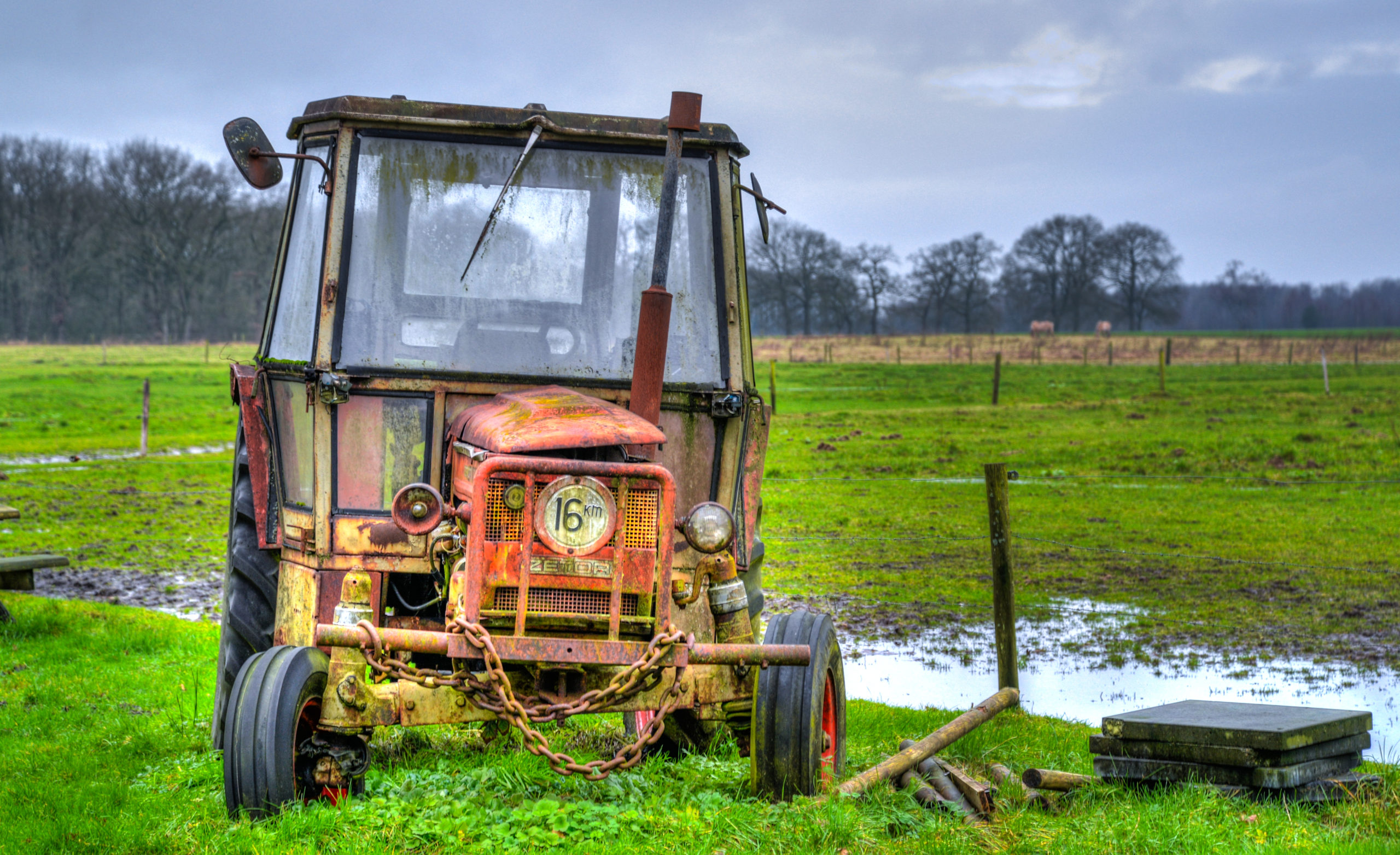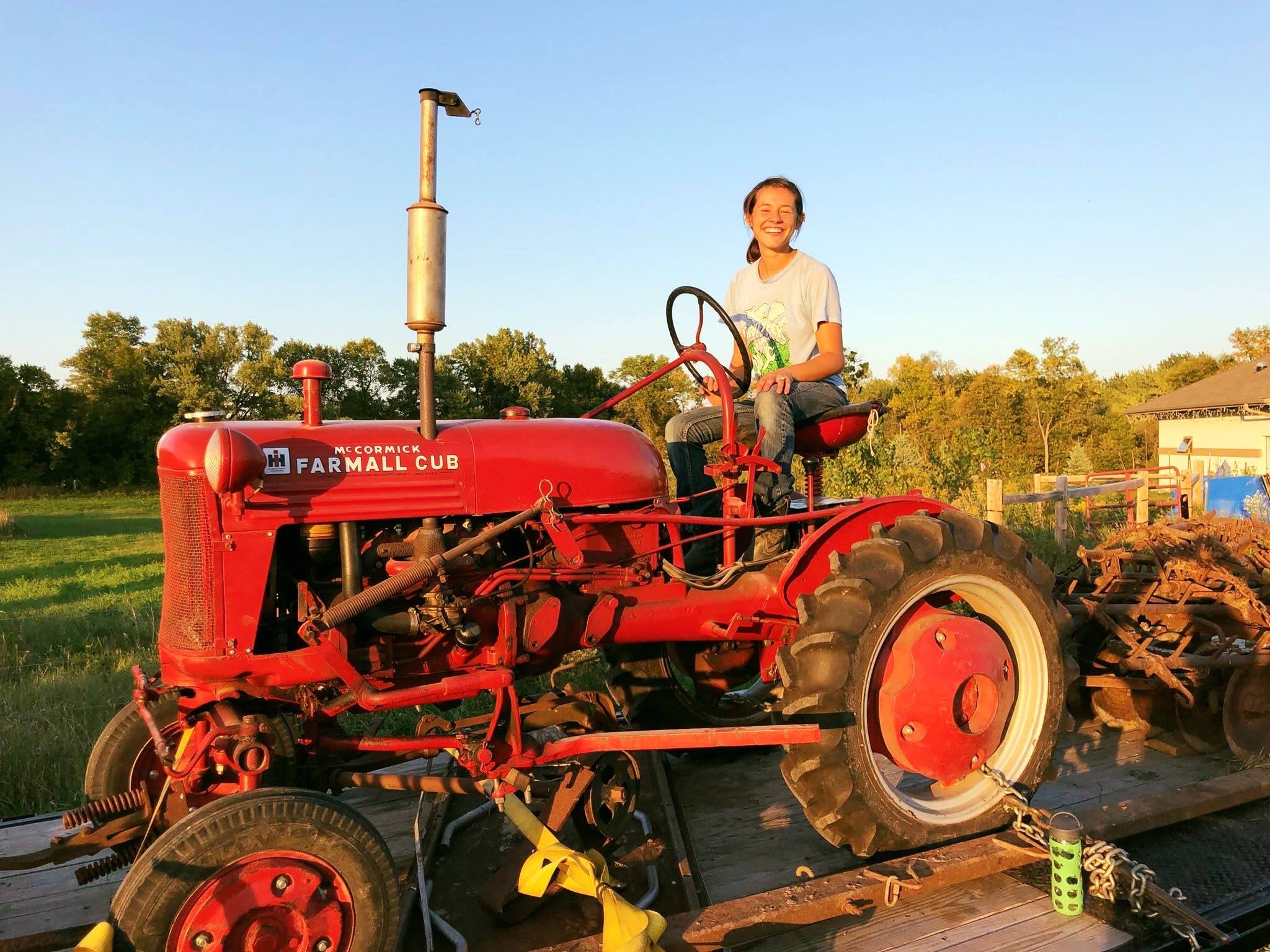What’s the easiest way to strike up a climate conversation?
You’re here because you’re concerned about our warming planet–because you want to secure our healthy climate future.
And, you might be thinking, “Okay, what’s next? How can I make a difference?”
Well, a recent Yale study tells us that conversations will be essential to achieving climate solutions.
Perhaps that sounds simplistic, perhaps you wanted more–but the conversations we have with those around us will be critical to creating a future where we all thrive.
Today, we know there are lots of people just like you who are deeply troubled by the potential impacts of our changing climate. Likewise, there are plenty of folks who are concerned but don’t know what to do—or who are just beginning to understand what the challenge might mean for them and those they love.
So, imagine what might be achieved if we brought everyone together around our common purpose–a healthy climate future?
It’s possible when we listen, validate, and engage in open, respectful conversations.
Ready to get started?
Let’s set ourselves up for success
Begin with the friends and family members we think will be most open to this discussion.
This allows us to dip our toes into friendly waters and build confidence for future conversations.
Find time to engage one-on-one.
When someone’s cracking out a midterm paper, in the midst of making dinner, or dodging kids engaged in a frantic game of tag is not the time for a thoughtful conversation.
We want their full and undivided attention.
The goal is to have a positive conversation.
We don’t need to “win” anyone over—we don’t need to convince people that the climate challenge is real or that they need to take immediate action. We simply need to open the door to future conversations.
That sure takes the pressure off, right?
Kicking off a positive climate conversation
Be mindful of how we’re feeling.
We’ve all had intense days that have left us feeling a bit frazzled. And, on those days, we may need to give ourselves a little time.
We want our friends and family to be calm and open to listening to us, so we need to be in a place where we can do the same.
Take it slow, speak from the heart, and connect on common ground.
We can share our concerns about climate–and connect them to the things we agree on and that make us feel good.
We might start simply by saying, “I’d like to talk to you about something. I’m feeling a little nervous about it, but I care about you and want to share something that really matters to me.”
Then, when introducing the climate challenge, weave in language that demonstrates where we agree. Validating the people we’re speaking with and finding places of agreement helps keep us connected and the conversation grounded.
Here are a few ideas to weave into our discussions:
- We love our children and want our future—and theirs—to be filled with opportunity
- We’re in this together–there are no boundaries when it comes to this
- We care about the lives of others–we don’t want vulnerable people to suffer
- Many of us agree there’s a problem (82% of us in the U.S., in fact)
- We all want to create new opportunities and new careers
- We don’t want to use more than we have–mortgaging our future
Steer clear of heated debate.
Instead, ask questions and show we care by listening carefully. Otherwise, it’s far too easy for people to feel defensive–putting a halt to productive conversations before they’ve even begun.
Share our personal climate stories.
Personal narrative is powerful, so share the ways climate connects to our own lives.
For example:
- I see the impact of climate in my fields, the spring rains are getting more intense and lasting longer. I worry that if this continues, I may lose my farm.
- I read about the impact of climate on our agricultural, economic, and health systems and worry about what the future will look like for my children.
- I know what it’s like to be vulnerable, to live life on the edges. I worry about what the climate challenge will mean for those who don’t have means–like the elderly who can’t afford air conditioning.
Make it okay for someone to change their mind.
It’s okay to share the times in our lives when we didn’t accept something–when we didn’t see the urgency and didn’t act. That willingness to be vulnerable builds trust and gives us the opportunity to talk about what changed our minds.
And, when we show that we’ve come around on important topics before, we create a path for others to do the same–without shame.
Invite connection.
Welcome our friends and family to share their perspectives.
Ask, “What do you think about the climate challenge?” and, “What do you mean by that? Can you help me understand what worries you?” In doing so, we let them know that we care about what they have to say.
Consider how we’re feeling in the moment.
If we’re getting flustered, we can always pause and take a few deep breaths. We can even shift the conversation. Sometimes it’s best to gently hint at our frustration by saying, “Sorry, I’m feeling a little passionate about this at the moment.”
By staying positive, we can return to the discussion at another time.
Thank them.
No matter what they think about the climate challenge–or where our conversations ultimately lead–the act of simply engaging in the discussion is really important.
And, be specific in our thanks. Ensure the people we speak with walk away feeling appreciated and heard.
Sharing and celebrating our climate conversation successes
Share discussions with climate-conscious friends.
The opportunity to celebrate success and get support when we need it most is important in keeping us motivated.
Plus, in sharing, we learn what works and what doesn’t–helping us all be more successful as we go along.
Share with ULLU how it went.
The ULLU community wants to hear our stories–we are each others’ champions, our cheerleaders.
While you’re at it, share your ideas for added support. That will help the team at ULLU HQ understand the kinds of resources it can create to help us all feel more successful.
This is the most important discussion we can have
Sure, it might be challenging at times, but we all want a clean, healthy climate. We all want to live on this planet in a way that ensures future generations to do the same.
And, like we said, the Yale study found that just talking about climate will help bring more people to the table, which is critical for success.
Throughout history, our greatest asset has been communication. Humanity will find a way if we just share our stories and focus on what connects us all.
We’re all in this together.




